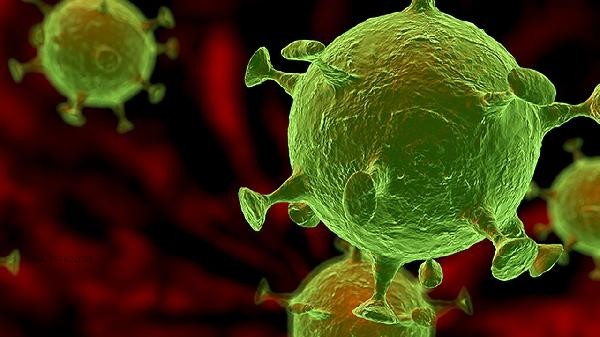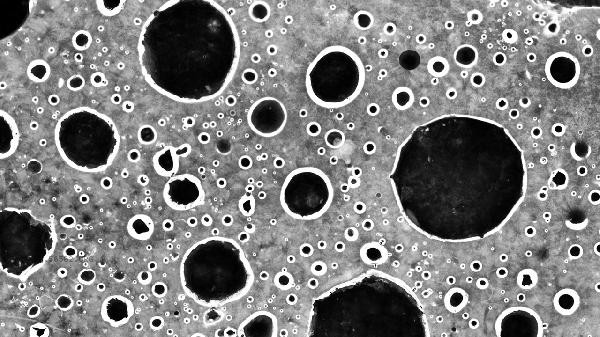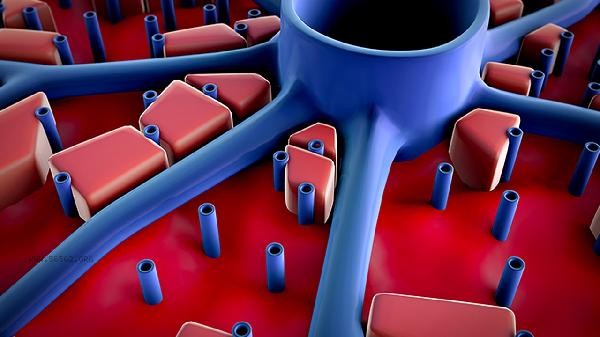A high percentage of monocytes can be regulated by adjusting daily routines, improving diet, controlling infections, relieving stress, and regular check ups. Elevated levels may be caused by viral infections, chronic inflammation, immune abnormalities, blood disorders, drug reactions, and other factors.

1. Adjusting daily routine:
Long term staying up late or lack of sleep can suppress immune system function, leading to compensatory increase in monocytes. It is recommended to maintain 7-8 hours of deep sleep daily, with a fixed bedtime not exceeding 23:00. Take a 20-30 minute nap during lunchtime and avoid using electronic devices before bedtime.
2. Improving diet:
Lack of vitamin B12 or folate may affect hematopoietic function. Daily intake of sufficient lean meat, animal liver, dark green vegetables, while reducing refined sugar and trans fat intake. The Mediterranean dietary pattern helps regulate immune function, and it is recommended to consume deep-sea fish 2-3 times a week.
3. Infection control:

Infection with pathogens such as EB virus and Mycobacterium tuberculosis is a common cause. When symptoms such as persistent low-grade fever and sore throat occur, timely pathogen testing should be conducted. Viral infections often require symptomatic treatment, while bacterial infections require standardized use of antibiotics and a complete course of treatment.
4. Relieve stress:
Chronic stress can stimulate cortisol secretion, leading to monocyte activation. Perform 30 minutes of aerobic exercise daily, combined with abdominal breathing training. Mindfulness meditation, art therapy, and other psychological interventions can reduce levels of inflammatory factors, and should be practiced at least three times a week.
5. Regular follow-up: For patients with mild high [SEP], it is recommended to have a blood routine check every 1-2 months. If there is lymph node enlargement or persistent fever, it is necessary to investigate blood system diseases. Long term use of antiepileptic drugs and corticosteroids should monitor drug concentrations and adjust medication plans if necessary.
Daily intake of foods rich in polysaccharides such as mushrooms and blueberries can enhance the phagocytic ability of mononuclear macrophages. Avoid immediate blood testing after intense exercise, as physiological elevation of white blood cells after exercise may interfere with the results. Patients with combined anemia need to have their iron metabolism indicators tested simultaneously, as the female menstrual cycle may affect the test values. Mild elevation during the growth and development period of children is often a physiological phenomenon, but if it persists for more than 15%, infectious mononucleosis should be investigated.










Comments (0)
Leave a Comment
No comments yet
Be the first to share your thoughts!